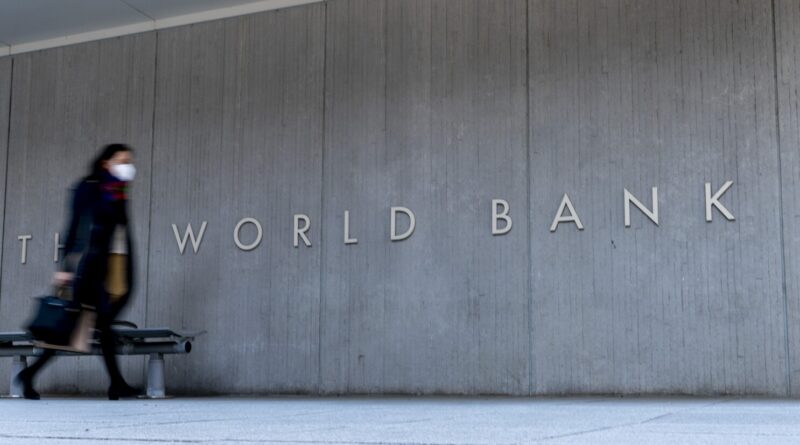Navigating Uncertainty: Implications of the World Bank Funding Freeze for Uganda
In the realm of international development, funding plays a pivotal role in driving progress and addressing challenges faced by nations. Uganda, like many other developing countries, has heavily relied on financial support from global institutions to bolster its economic growth, social programs, and infrastructure development. However, the recent freeze in funding from the World Bank has cast a shadow of uncertainty over the nation’s trajectory. In this article, we delve into the implications of the World Bank funding freeze for Uganda and explore the potential pathways forward.
Understanding the World Bank Funding Freeze
The World Bank, a prominent international financial institution, has historically been a crucial source of funding for development projects in Uganda. Its financial support has spanned various sectors, including health, education, agriculture, infrastructure, and poverty alleviation. However, recent developments have led to a freeze in funding, raising concerns and triggering a reevaluation of Uganda’s developmental plans.
Implications for Uganda: A Complex Landscape
- Economic Impact: The freeze in World Bank funding can disrupt Uganda’s economic growth and stability. The financial support from the World Bank often complements the country’s budgetary allocations, bolstering essential sectors and projects. Without this support, economic momentum could waver, leading to potential setbacks in poverty reduction and overall economic progress.
- Development Projects: Many critical development projects rely on World Bank financing. Infrastructure projects, healthcare initiatives, and educational programs could face delays or reduced capacity due to the lack of funding. This could hinder efforts to improve the quality of life for Ugandan citizens and address pressing societal challenges.
- Public Services: The freeze in funding could also impact the delivery of public services. Sectors such as healthcare and education, which are dependent on external financing, might experience limitations in their ability to provide necessary services to the population.
- Investor Confidence: The suspension of World Bank funding might raise concerns among other international donors and investors. This can potentially lead to a ripple effect, causing a reduction in overall external financial support and hampering foreign direct investment.
- Debt Management: Uganda’s reliance on external funding, including loans, could exacerbate debt management challenges. With the World Bank’s funding freeze, the government might need to explore alternative sources of financing, potentially leading to increased borrowing and higher debt levels.
Navigating the Path Forward
While the implications of the World Bank funding freeze are undoubtedly significant, Uganda is not without recourse. The situation presents an opportunity for the nation to explore alternative strategies and avenues for development:
- Diversification of Funding Sources: Uganda can seek partnerships with other international institutions, such as regional development banks and bilateral aid agencies, to diversify its sources of funding. Strengthening ties with multiple partners can reduce the reliance on a single source.
- Enhanced Domestic Resource Mobilization: Focusing on bolstering domestic revenue generation through effective taxation and improved fiscal policies can provide a more sustainable basis for funding developmental projects.
- Private Sector Engagement: Encouraging private sector involvement in development projects can inject fresh capital and expertise. Public-private partnerships can help bridge funding gaps and drive efficient project implementation.
- Priority Reassessment: Uganda may need to reassess its developmental priorities and allocate available resources strategically to ensure that critical sectors continue to receive adequate attention despite funding constraints.
- Policy Reforms: Implementing policy reforms that enhance economic resilience and attract investment can bolster Uganda’s self-reliance and minimize vulnerability to external funding fluctuations.
In conclusion, the freeze in World Bank funding poses multifaceted challenges for Uganda’s developmental journey. However, this challenging situation also presents an opportunity for the nation to rethink its strategies, explore innovative funding models, and fortify its economic resilience. By charting a course that combines diversified funding sources, prudent fiscal management, and effective partnership engagement, Uganda can overcome these challenges and continue its pursuit of sustainable growth and prosperity for its citizens.

